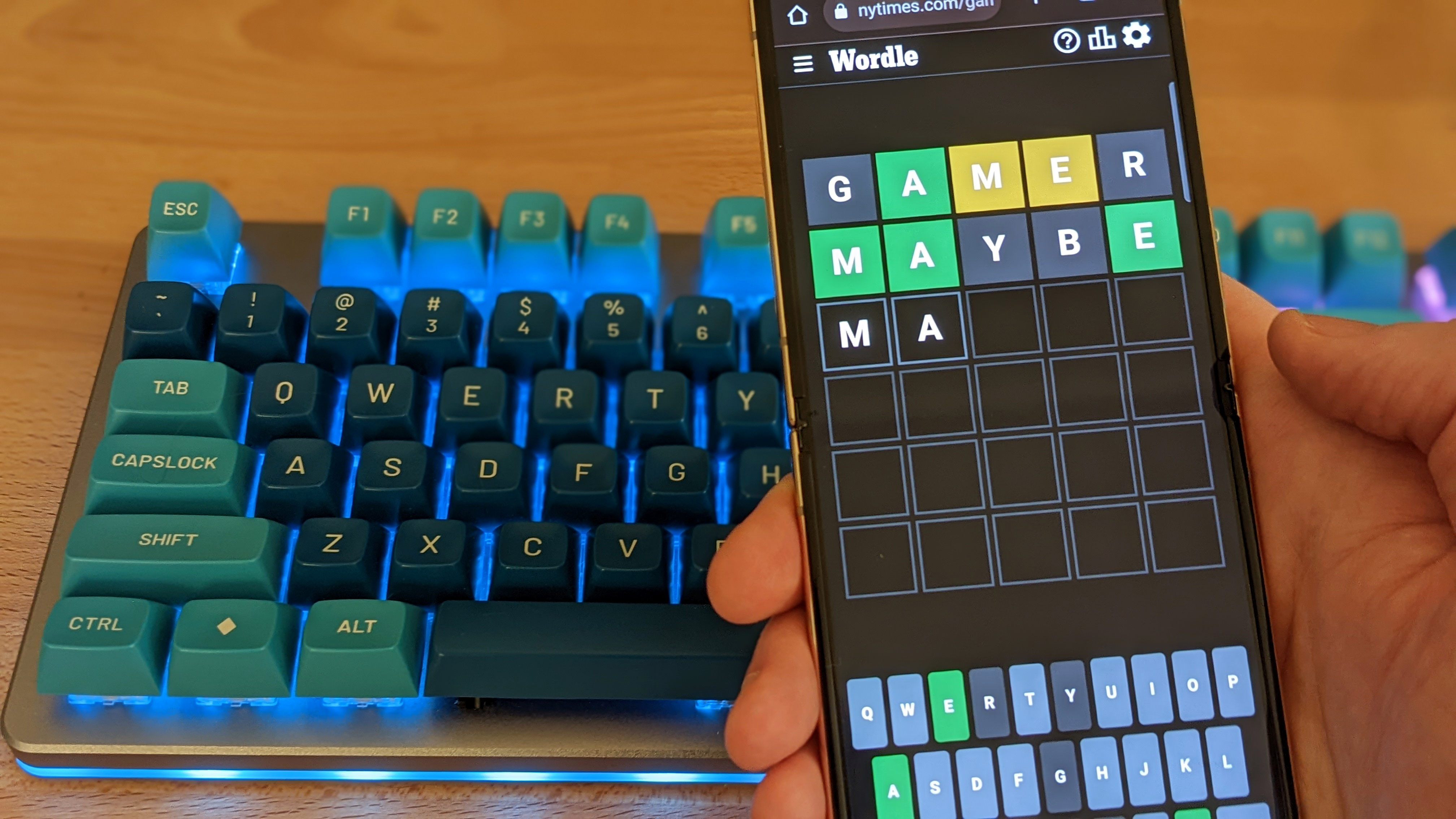
The US can't afford to lose its advantage in making games look a little funny with DLSS.
Last week, we reported on Democrat congressman Bill Foster’s plans to introduce a bill that requires manufacturers of AI processors, like those in Nvidia GPUs, to implement tech that allows the US government to track where they end up. Well, it looks like the Senate didn’t want to be outdone, because less than 24 hours later Senator Tom Cotton of Arkansas announced the Chip Security Act, his own bill requiring AI hardware manufacturers to allow for geotracking of those all-so-important chips (via Tom’sHardware).
The press release announcing Cotton’s bill, which says the legislation will keep American hardware from “falling into the hands of adversaries like Communist China,” uses the word “chips” nine times. That’s how you know it’s serious.
“We must do better at maintaining and expanding our position in the global market, while safeguarding America’s technological edge,” Cotton said in the press release. “With these enhanced security measures, we can continue to expand access to US technology without compromising our national security.”
The Chip Security Act would direct the Secretary of Commerce to “require a location verification mechanism on export-controlled advanced chips or products with export-controlled advanced chips,” with exporters needing to inform the Bureau of Industry and Security if their hardware is tampered with or diverted somewhere it shouldn’t be.
Specifically, the text of the bill would require those geotracking mechanisms on products classified under Export Control Classification Number 3A090, 3A001.z, 4A090, 4A003.z, or any “successor or substantially similar numbers.” High-end Nvidia GPUs like the RTX 4090 have been classified as ECCN 3A090 and 4A090 products since 2023, while US export control orders have been halting Nvidia GPU sales to China since 2022.
The bill also includes provisions for coordinating with the Department of Defense to study potential and newly-developed security mechanisms “and determine if any new mechanisms should be required.”
Nvidia has said publicly that it isn’t capable of tracking its hardware after it’s been sold, and has denied concerns of widespread chip smuggling. It’s worth noting, however, that TSMC—the main producer of Nvidia hardware—was facing a potential $1 billion fine just last month after one of its chips was discovered in a Huawei processor.
I understand the justification about protecting America’s dominance in AI tech, but I’ll admit that the idea of my GPU being tracked as a potential national security threat feels a little silly. If their experience ends up anything like mine, anyone with a smuggled 4090 will probably just spend most of their time trying to decide whether or not DLSS is making everything look like it’s coated in a sheen of cyber-vaseline.



